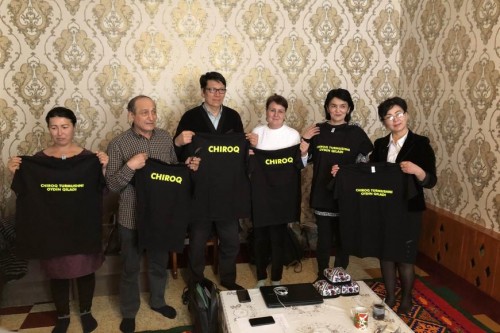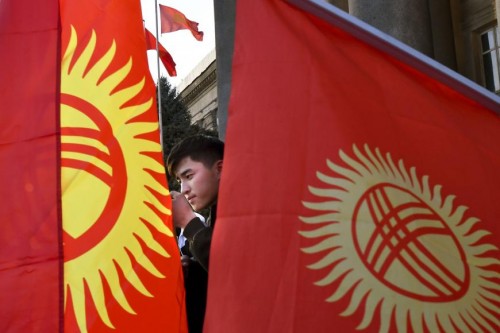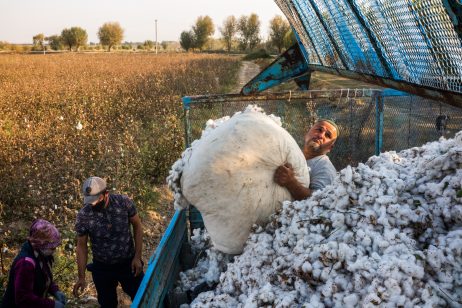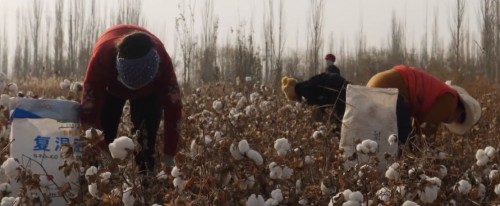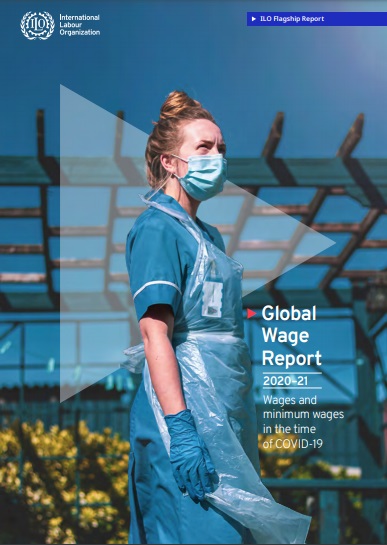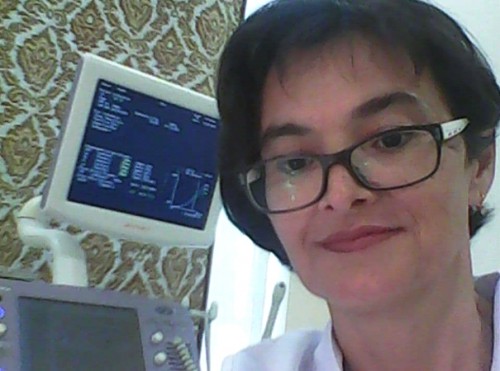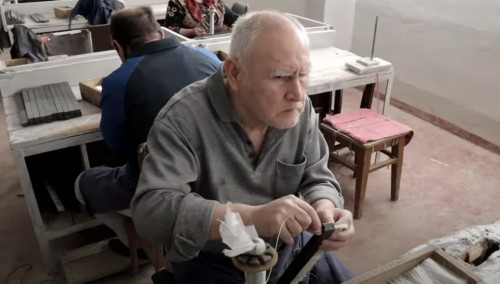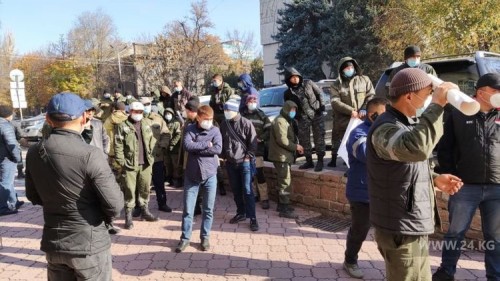Countries
Solidarity campaigns
13 August 2024
Georgia: Support striking workers at Evolution Gaming
5 June 2023
Georgia: Justice for Wolt couriers
10 May 2023
Belarus: Trade union activity is not extremism!
2 November 2019
Kazakhstan: Trade unionist Erlan Baltabay imprisoned - again!
19 November 2018
Kazakhstan: Stop repression and physical attacks on leaders of independent unions; hands off Larisa Kharkova, Erlan Baltabai and Dmitriy Senyavskiy
18 April 2018
MALOKHAT STILL NEEDS YOUR HELP
News
17 January, 2021 / kazakhstan
Kazakhstan: Another Sectoral Union Faces the Threat of Compulsory Dissolution
The Specialised Inter-District Economic Court of the City of Shymkent has received a claim seeking a court order to suspend the activities of the Sectoral Fuel and Energy Workers’ Union. The claim was filed by the Akimat (the municipal authorities) of Shymkent following a representation of the Ministry of Justice of the Republic of Kazakhstan.
07 January, 2021 / uzbekistan
Uzbekistan: Registration Barriers for Independent Groups
Uzbek authorities are severely hindering the work of independent nongovernmental organizations (NGOs) with excessive and burdensome registration requirements, violating their right to freedom of association, Human Rights Watch said today. Uzbekistan has carried out some human rights reforms in recent years under President Shavkat Mirziyoyev. But the government has refused to allow the registration of NGOs that seek to work on sensitive issues such as human rights and forced labor. The Uzbek government should amend its legislation and allow independent groups to register.
25 December, 2020 / kyrgyzstan
Kyrgyzstan: Increased Interference in Trade Union Activities
Kyrgyz authorities have increased their scrutiny of trade union members of the federation over the last year. In October 2019, parliament formed a commission tasked with the vague mandate of “studying the implementation of the trade union law” in Kyrgyzstan. Eldiyar Karachalov, chair of the trade union of construction workers, a union member of the federation, said that the commission asked trade union leaders to provide extensive information about their organizational, financial, and economic activities.
16 December, 2020 / uzbekistan
Eliminating Forced Labor in Uzbekistan’s Cotton Sector – A Work Still in Progress
Uzbekistan has made enormous progress in eliminating forced labor, but has yet to fully eradicate it. After 10 years of monitoring and reporting on forced child and adult labor in Uzbekistan’s cotton sector, cataloging the journey toward the significant improvements that have been achieved through Uzbek President Shavkat Mirziyoyev’s ambitious reform program, there is a glimmer of hope that a historic moment may be on the horizon.
16 December, 2020 / International
China’s ‘tainted’ cotton
China is forcing hundreds of thousands of Uighurs and other minorities into hard, manual labour in the vast cotton fields of its western region of Xinjiang, according to new research seen by the BBC. Based on newly discovered online documents, it provides the first clear picture of the potential scale of forced labour in the picking of a crop that accounts for a fifth of the world’s cotton supply and is used widely throughout the global fashion industry.
15 December, 2020 / turkmenistan
Turkmenistan: Man Gets Four-Year Prison Term for Reposting Photo of WHO Delegation
On September 15, Nurgeldi Halykov was sentenced to four years’ imprisonment by Bagtyyarlyk district court in Ashgabat. The 26-year-old had sent turkmen.news a photograph of members of a visiting World Health Organization delegation, though he had not taken the picture himself. Nurgeldi was actually convicted on a fabricated charge of fraud after a friend wrote a complaint about his alleged failure to repay a loan.
07 December, 2020 / International
Global Wage Report 2020-21: Wages and minimum wages in the time of COVID-19
This ILO flagship report examines the evolution of real wages around the world, giving a unique picture of wage trends globally and by region. The 2020-21 edition analyses the relationship of minimum wages and inequality, as well as the wage impacts of the COVID-19 crisis.
17 November, 2020 / turkmenistan
Turkmen Doctor Stripped of Her Profession for Challenging Malpractice
Cards on the table: we thought long and hard at turkmen.news about publishing the contents of this letter to us for fear of harming the author. There are plenty of examples in Turkmenistan of a complainant to state bodies or human rights organizations abroad being punished rather than the target of the complaint. In order to minimize the risk of punishment we have decided not only to publish the story, but also to report the situation to the International Labor Organization, International Trade Union Confederation, and human rights organizations.
16 November, 2020 / uzbekistan
BLIND WORKERS IN TASHKENT ARE COMPLAINING OF LOW WAGES AND UNEMPLOYMENT
Blind workers at the “CHYOTKA” training and production enterprise in Tashkent which belongs to the Society of the Blind of Uzbekistan are complaining of meagre wages and unemployment. The situation in the labour market of Uzbekistan is further exacerbated by the negative consequences of the Covid-19 pandemic and related quarantine measures. Disabled people are now experiencing an even higher level of unemployment, which can lead to poverty reports a local journalist Dana Oparina at Anhor.uz.
30 October, 2020 / kyrgyzstan


